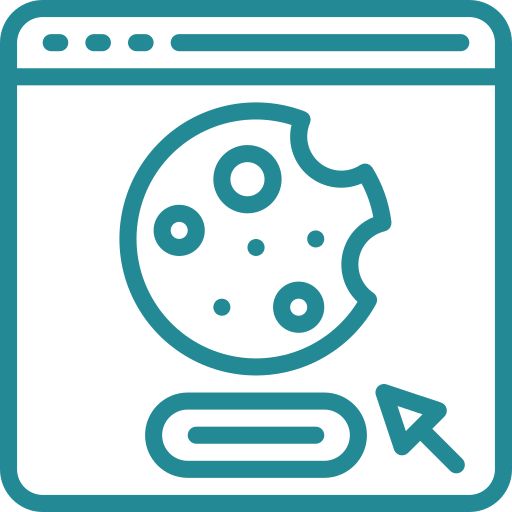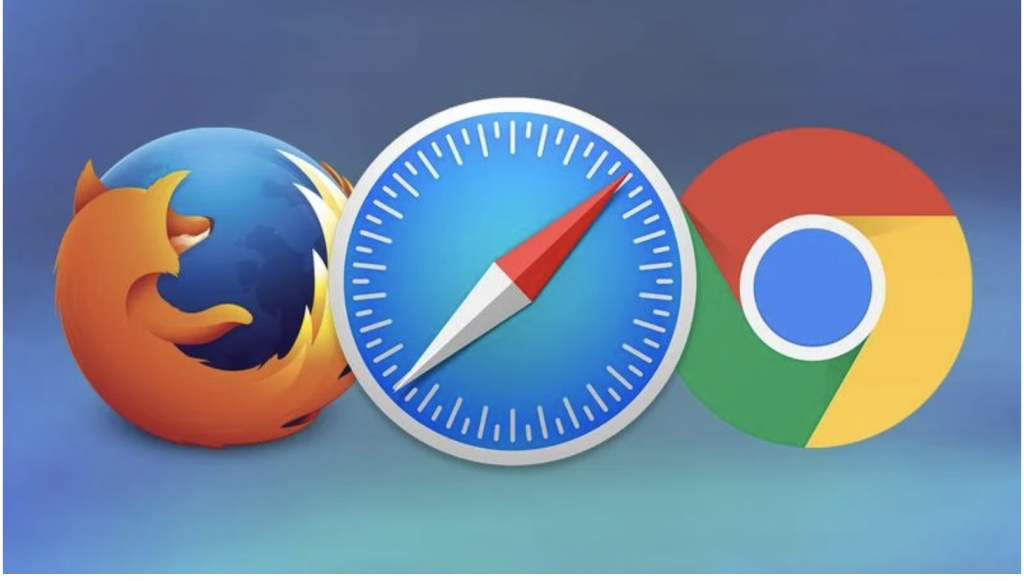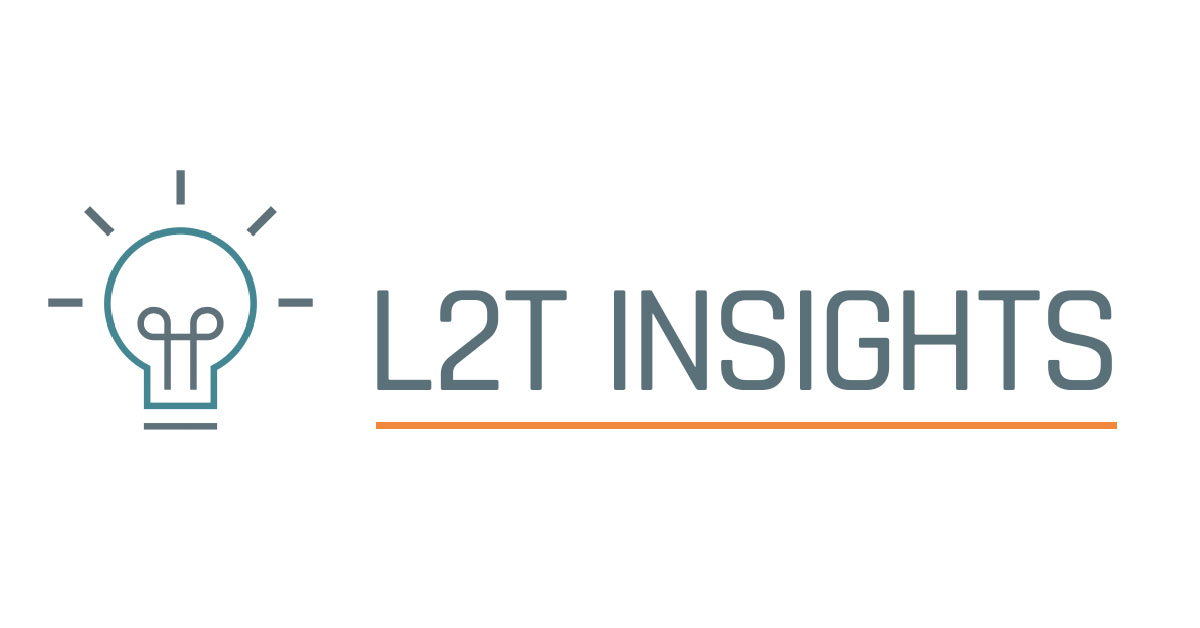What Are Cookies?
Cookies are placed and stored on a user’s browser. Cookies track the websites that users are visiting across the web as well as their actions on web pages.
This information is used to improve the user experience as well as the delivery of targeted ads to web users. Some cookies are perceived as an invasion of privacy, and many browsers are beginning to block certain types of cookies.
- Safari in 2018
- Firefox in June 2019
- Google Chrome will block in 2022
In 2019, Safari and Firefox accounted for approximately 38% of browser usage in the United States, and currently, Chrome accounts for 50% of browser usage. Therefore, it is important to understand changes that may occur to your advertising campaigns.
NOTE: L2T has been working with Google to prepare for these upcoming changes and it will be business as usual. Our advertising campaigns and targeting will not be affected.

Cookie Definitions You Need to Know
| Term | What Is It? | Why It Matters |
|---|---|---|
| Cookie | A small text file created by a website that is stored in a user’s browser. Cookies can exist temporarily, for just one session or permanently (also known as “persistent cookies”). | Cookies provide a way for websites to recognize you and keep track of your preferences and are not typically viewed as an invasion of privacy. |
| Term | What Is It? | Why It Matters |
|---|---|---|
| Tracking Cookie | Data stored in a user’s web browser by a website being visited. Tracking cookies are placed by 3rd-party advertisers. | Tracking cookies monitor and record a user’s web-surfing habits and are generally considered an invasion of privacy. They provide advertisers with valuable information and allow them to serve more relevant ads. |
| Term | What Is It? | Why It Matters |
|---|---|---|
| 1st-Party Tracking Cookie | A small amount of text stored in a user’s browser that is created by the website that the user is visiting. By default, 1st-party cookies are allowed by every web browser. | 1st-party cookies are allowed on every web browser. If a person disables the cookie, a website will not be able to keep track of who you are from page to page. Without 1st-party cookies, you would not be able to buy multiple items from Amazon in the same transaction, as it would require a new login and payment for each item. |
| Term | What Is It? | Why It Matters |
|---|---|---|
| 3rd-Party Tracking Cookie | A small amount of text stored in a user’s browser that is created by a website with a domain name that is different from the one the user is currently visiting. Currently, by default, 3rd-party cookies are allowed by some web browsers but blocked by others. | 3rd-party cookies are often allowed by web browsers, but they may be blocked, as they are widely used by advertisers to track users’ browsing history. Major browsers have started to block these cookies by default. |
| Term | What Is It? | Why It Matters |
|---|---|---|
| Walled Garden Advertising | Any buying point that sits outside the normal open real-time bidding (RTB) ecosystem and allows for the use of media, data or buying opportunities outside of that ecosystem. The Google Ads, Facebook and Amazon Advertising platforms are examples of Walled Gardens. | The reduction in the ability to use 3rd-party cookies in advertising has a minimal impact to Walled Gardens, as most of the targeting comes from 1st-party data collected by these platforms. They rely less on 3rd parties to provide audience targeting and instead work in an ad exchange or DSP environment. |

What These Changes Mean for Advertising
- Ads running on open exchanges (this DOES NOT include Google, Facebook and Amazon) will no longer be targeting users through remarketing or behavioral targeting. Contextual targeting and 1st-party data use will not be impacted.
- Google will not be banning all cookies. It will only ban those placed by other websites (3rd-party cookies). So, while less targeting will be available, targeting will not be eliminated.
- It is believed that when Google implements this change to the Chrome browser in 2022, site traffic will be tracked and user data will still be available to advertisers who use an approach that is not reliant on cookies.
How L2T is Handling These Changes
The good news is that even with the 2022 changes to Chrome, it will be business-as-usual for L2T.
Most of our ads run in “Walled Gardens” (Amazon, Facebook, Google) and do not use 3rd-party cookies. We always recommend that dealers use 1st-party data, which is always the best base audience to target and helps create valuable look-alike audiences.
For ads that run outside of these platforms, platform providers will be responsible for having a working solution to re-target and behaviorally target consumers.
The announcement from Google concerning 3rd-party cookies in 2022 gives us adequate time to adjust. We also will continue to work with Google to monitor and understand the upcoming changes as new information is provided.

